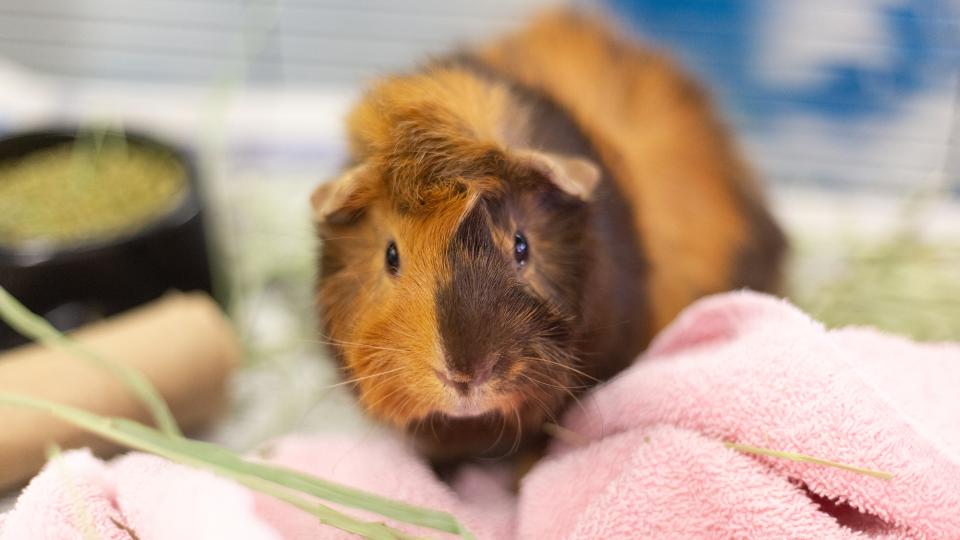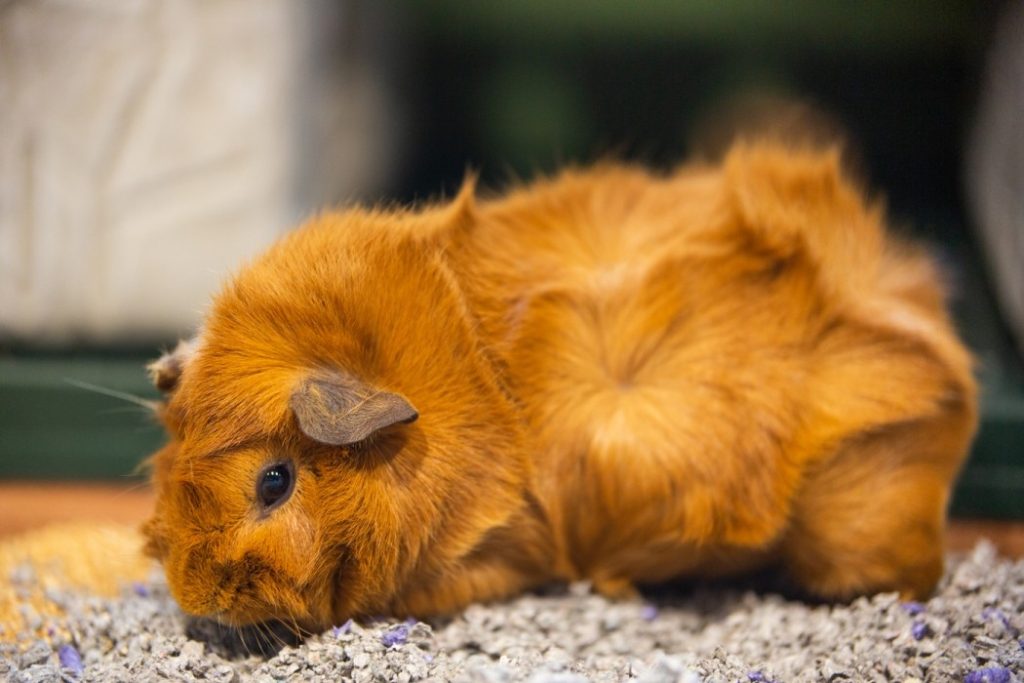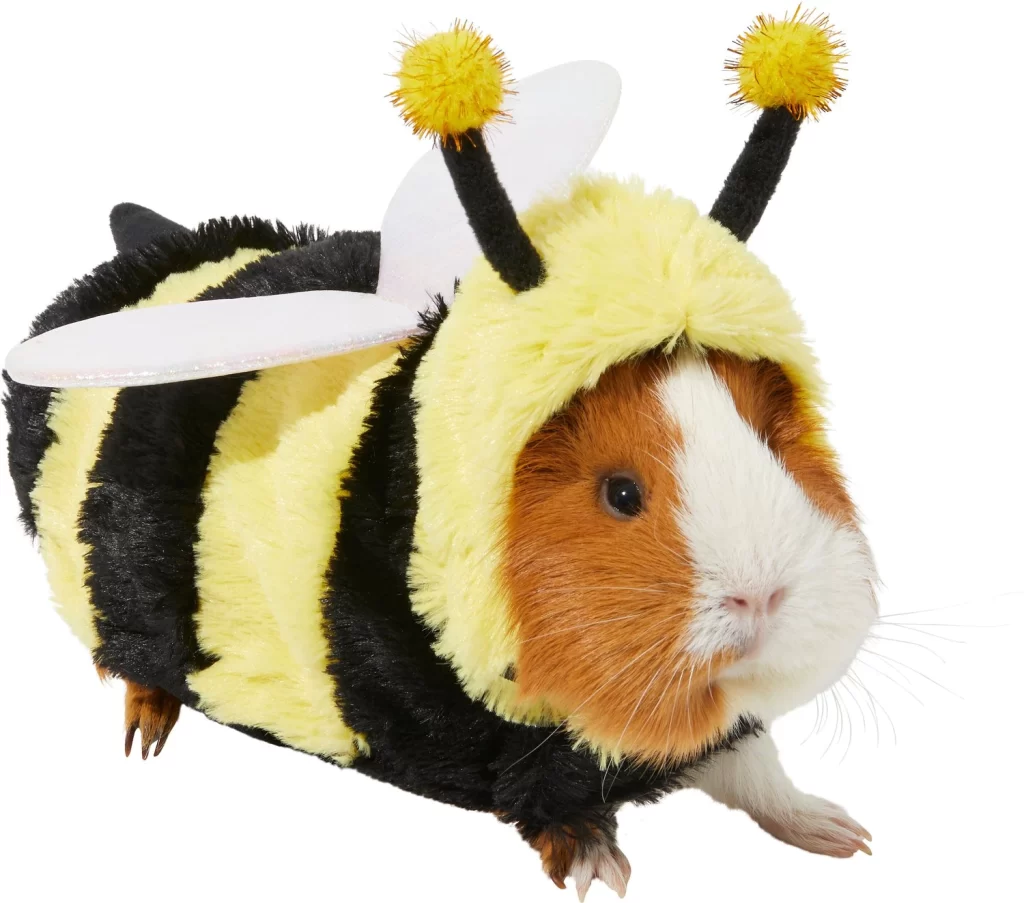Handling guinea pigs is an essential aspect of their care and can benefit their health and well-being in several ways. Regular handling helps build trust between you and your guinea pig, promotes socialization, and allows you to check for any health problems. However, it is important to handle guinea pigs correctly to prevent injury and stress. In this article, we will discuss all aspects of handling guinea pigs, including how to pick them up, hold them, and interact with them.

Picking up a Guinea Pig
When picking up a guinea pig, it is important to approach them calmly and gently. Guinea pigs can be easily startled, so sudden movements or loud noises can cause stress and anxiety. Here are the steps for picking up a guinea pig:
- Approach your guinea pig slowly and calmly, talking to them in a soothing voice.
- Place one hand under their chest and use your other hand to support their hindquarters.
- Lift your guinea pig up gently and hold them close to your chest, so they feel secure.
It is important to support your guinea pig’s entire body when picking them up and holding them to prevent injury and discomfort.
Holding a Guinea Pig
When holding a guinea pig, it is important to be gentle and supportive. Guinea pigs have delicate bones and can easily be injured if they are mishandled. Here are some tips for holding a guinea pig:
- Hold your guinea pig close to your chest, with one hand supporting their chest and the other supporting their hindquarters.
- Make sure your guinea pig’s feet are resting on a solid surface, such as your lap or a table, to prevent them from falling.
- Avoid holding your guinea pig by their feet, tail, or fur, as this can cause injury and discomfort.
- Do not squeeze or hold your guinea pig too tightly, as this can cause stress and discomfort.

Interacting with Guinea Pigs
Guinea pigs are social animals and enjoy interacting with their owners. Here are some tips for interacting with your guinea pig:
- Talk to your guinea pig in a soothing voice and use their name to help them become familiar with you.
- Offer your guinea pig treats, such as fresh vegetables or hay cubes, to reinforce positive interactions.
- Provide your guinea pig with toys and enrichment activities, such as tunnels, chew toys, and hiding places, to stimulate their curiosity and playfulness.
- Allow your guinea pig to explore their surroundings and interact with you on their terms. Do not force them to interact or hold them for too long if they appear stressed or uncomfortable.

In summary, handling guinea pigs is an important aspect of their care and can benefit their health and well-being. When handling your guinea pig, approach them gently, support their entire body, and hold them close to your chest. Interact with your guinea pig in a positive and respectful manner, and provide them with toys and enrichment activities to stimulate their curiosity and playfulness. With proper handling and interaction, your guinea pig will thrive and be a happy and healthy companion.